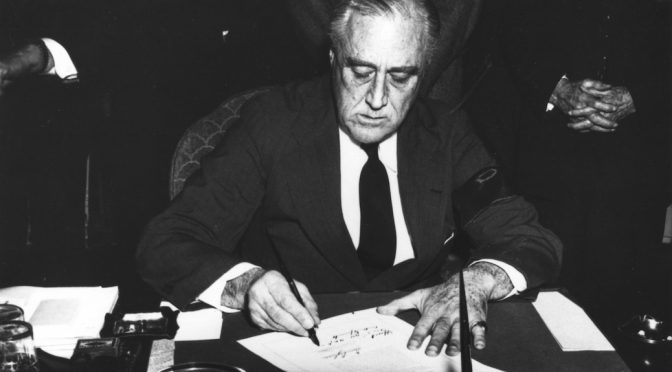Who’s the expert? The counterterrorism industry has often been described as a revolving door. Self-described “experts” move between military, intelligence, research, and academic circles creating the dominant, orthodox narratives that frame our collective understanding of terrorism and terrorist actors. As companies are under increasing pressure to address and respond to terrorist material on social media… Continue reading “Outside Experts”: Expertise and the Counterterrorism Industry in Social Media Content Moderation
Category: Issue Archive
The Selling of a Precedent: The Past as Constraint on Congressional War Powers?
Has precedent eroded Congress’s war powers? James Lebovic looks to the various standards of social-scientific inquiry to suggest that an exclusive focus on legal analysis has unnecessarily limited the war powers debate in recent decades. Lebovic finds that even though Congress appears to defer to the President based on war powers precedent, it is often… Continue reading The Selling of a Precedent: The Past as Constraint on Congressional War Powers?
Olive Branches or Fig Leaves: A Cooperation Dilemma for Great Power Competition in Space
As the race to space resurges, the United States’ great power competition with China has expanded to the space domain. Without a universally-observed rules regime governing space matters, the United States must be considerate in its engagement with China, acting with the future in mind to secure enduring advantages not only in space, but in… Continue reading Olive Branches or Fig Leaves: A Cooperation Dilemma for Great Power Competition in Space



